The Scientific Model
Growing up this was largely my model of the world:
-
We succeeded as humans, where the apes failed, largely owing to our ability to communicate & collaborate at scale.
-
We owe much of our standard of life today to a few stellar individuals, whose ingenuity, curiosity & herculean efforts in the areas of science & engineering have helped defend us from diseases, feed & clothe us economically & at scale, electrify our homes & workplaces and afford us transport, leisure & entertainment.
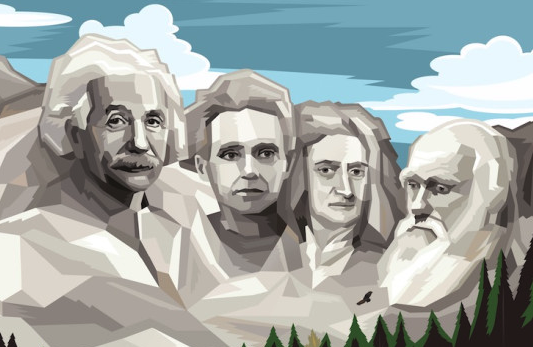
-
Beyond all this are the dual miracles of capitalism & democracy.
-
Capitalism helps us specialize in a craft in which we are talented and then to exchange such specialised labour for capital, which, in turn let us procure everything else we needed for a comfortable life.
-
Democracy on the other hand ensures that everyone receives equal representation irrespective of their standing in life.
-
The alternatives were communism & dictatorship, which, some parts of humanity have tried, found wanting and still digging their way out of.
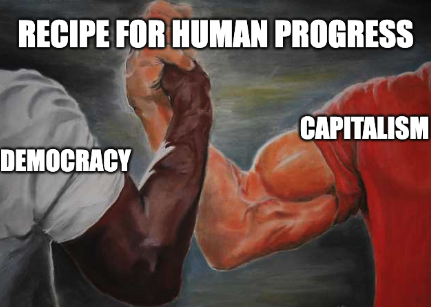
- The best and the brightest of humanity spend their time working at the edges of the known, solving hard scientific & mathematical puzzles to create breakthroughs for the betterment of mankind. There is no greater calling than to join their ranks.
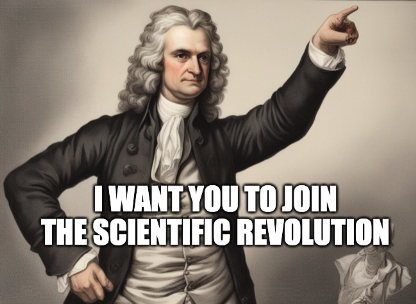
Reality vs Perception
I went about my early 20s armed with this sort of naive scientific idealism.
If someone said:
the world isn’t what you think it is
I would interpret that statement in purely scientific terms, i.e things like:
-
Colours were not absolute but simply the brain’s helpful interpretation of different EM wavelengths.
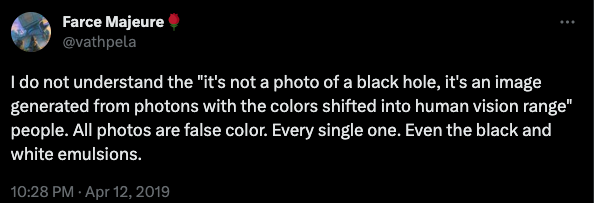
-
Your brain sees your nose all the time but chooses to ignore it.
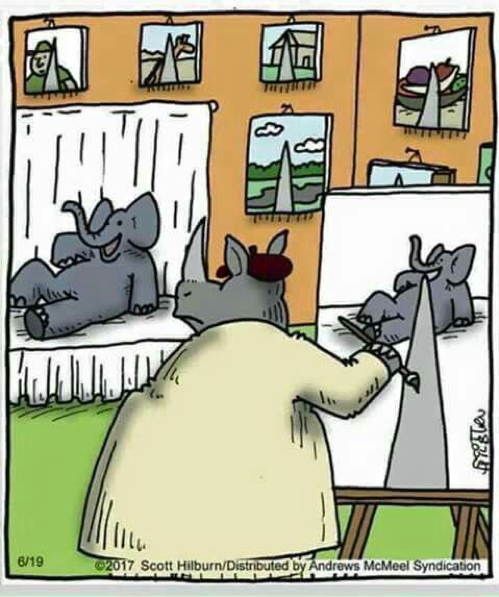
-
Even the passage of time could be an illusion created by your brain in order to facilitate the perception of reality.
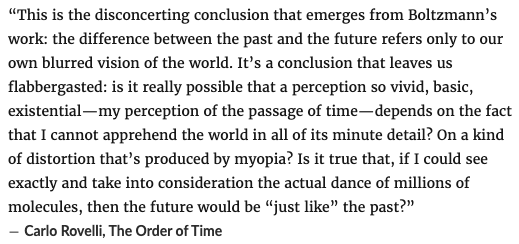
-
Human beings are inherently rational. All of this can be expressed mathematically using game theory & loss aversion.
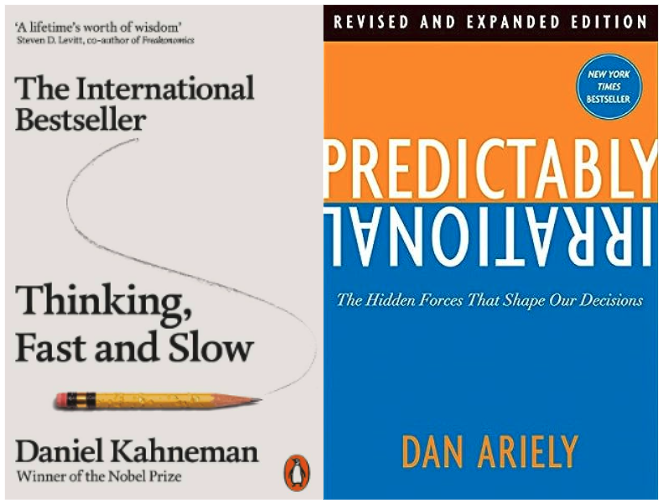
Truth vs Culture
The idea that the sun was at the centre of the solar system was not new when Copernicus proposed it in the 16th century.
Humanity’s belief or disbelief in heliocentrism, however, has no impact on its veracity.
Another idea that gained prevalence in the 16th century was the codpiece. Sadly, however, this accessory fell out of fashion around the turn of that century.
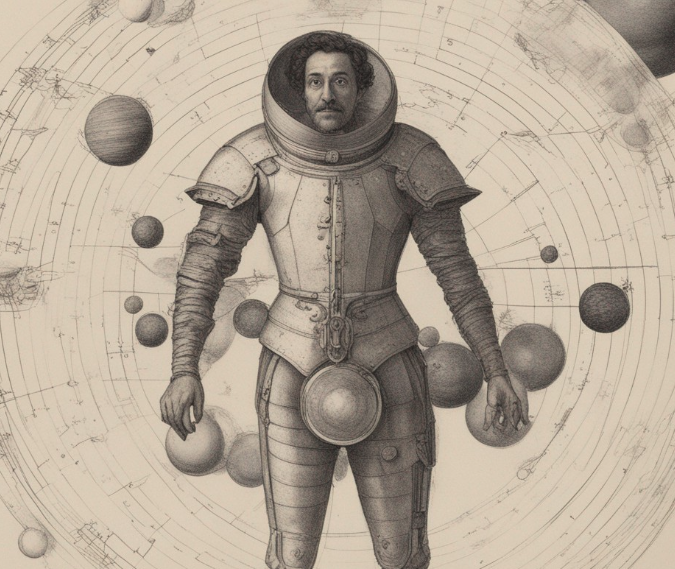
So why has heliocentricity lasted the test of time while codpieces did not?
20 year old me:
Because one is fact and the other is an opinion.
40 year old me:
I think there might be a bit more to it actually.
God vs Morality
In my early 20s I was exposed to Dawkins, Hitchens & Shermer who convinced me to reconsider my stance on God.
As I embraced atheism, I found myself in a confused state of mind with regards to morality.
One of the things that helped me through this phase was Hans Vaihinger’s The Philosophy of As If.
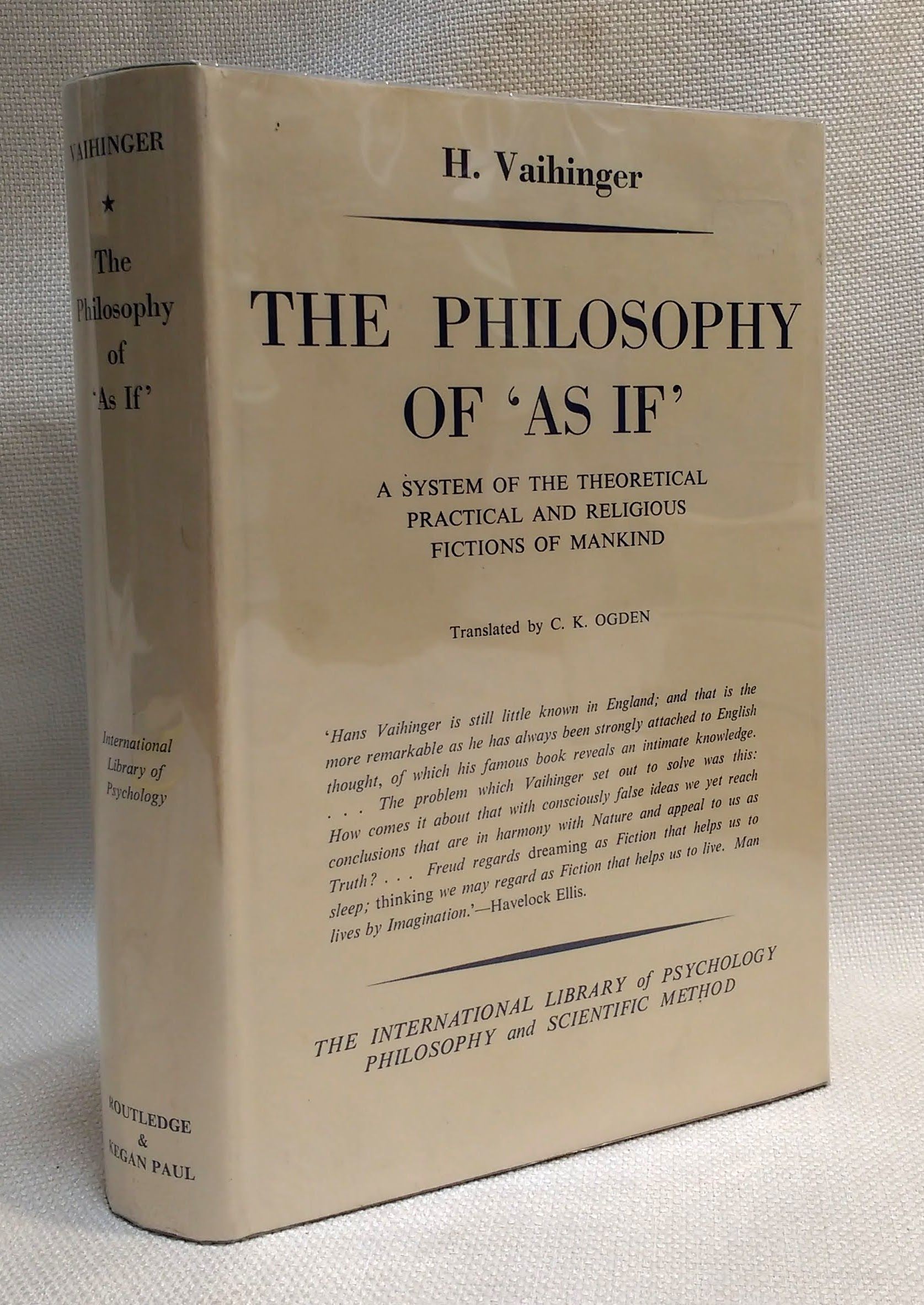
Unfortunately, I couldn’t get my hands on the book but only an except that spoke about God. Vaihinger contends that the idea of God is a useful collective delusion / group think (a word I’ve since learned to call egregore) and behaving “as if” God exists is useful in staying moral.
Two decades since, I managed to get my hands on the unabridged version.
The Matrix of As If
Hans Vaihinger spent much of his adult life as an expert in the works of the Kant and to some extent Nietsche. He founded and edited Kant-Studien a quarterly journal of Kantian philosophy and taught philosophy at the Universities of Strasbourg and then Halle.
Then at the age of 59, he published “Die Philosophie des Als Ob” - The Philosophy of As If in German.
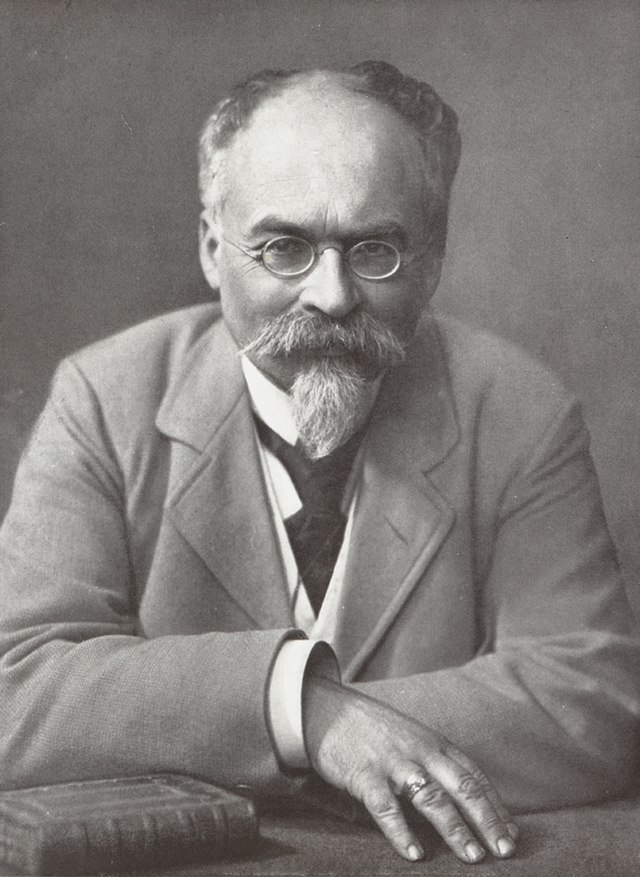
Vaihinger starts the book with a deeply personal telling of his foray into philosophy, his inspirations, his misgivings & his self-doubt. He then proceeds to pen
"a complete enumeration of all the methods in which we operate
intentionally with consciously false ideas, or rather judgements...
to be used as instruments in finding our way about more easily
in this world".
These include scientific ideas such as the atom, mathematical ideas such as i (sqrt(-1)) & infinity, religious & moral beliefs, mythologies and commercial ideas such as money.
As If makes for a difficult read. It is, after all, a book that is more than a hundred years old and many of its ideas are quite dated in nature. That said, it does give one a fresh pair of eyes to examine the world.
The Countercultural Copernicans
When Copernicus challenged the prevailing geocentric view of his time, he was not the first to try.
Others had come up with the same assertion before.
What had stood in their was was not experiments or data, but to a large extent cultural ideas such as creationism & religious texts/authorities.
Social conditioning shapes us all in ways that we’re blind to.
Many of our beliefs & preferences are strongly intertwined with our identities and we cannot help but feel threatened when they’re questioned.
This is not unlike the Matrix.
There are many made up rules around us that let society function.
Some of these rules can be bent.
Others broken.
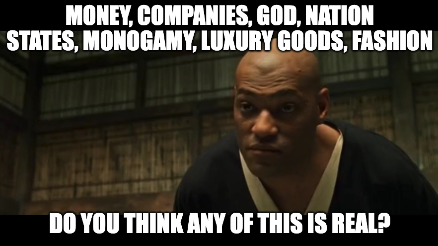
The pioneers of this era are those who are able to change the Matrix.
Social Science is Science
Today, if someone talks about how the world isn’t what you think it is, it evokes a very different set of thoughts vs what it did 2 decades ago.
I think about how:
- Uber & AirBnB convinced us to let strangers into our cars & homes
- The ICC & Lalit Modi convinced us that 20 over cricket is a real sport
- Claude Hopkins convinced us to brush our teeth

- The ruler of a nation state convinced us in a moment that this was just paper

- Airborne Leaflet Propoganda

Psychic Income is Income
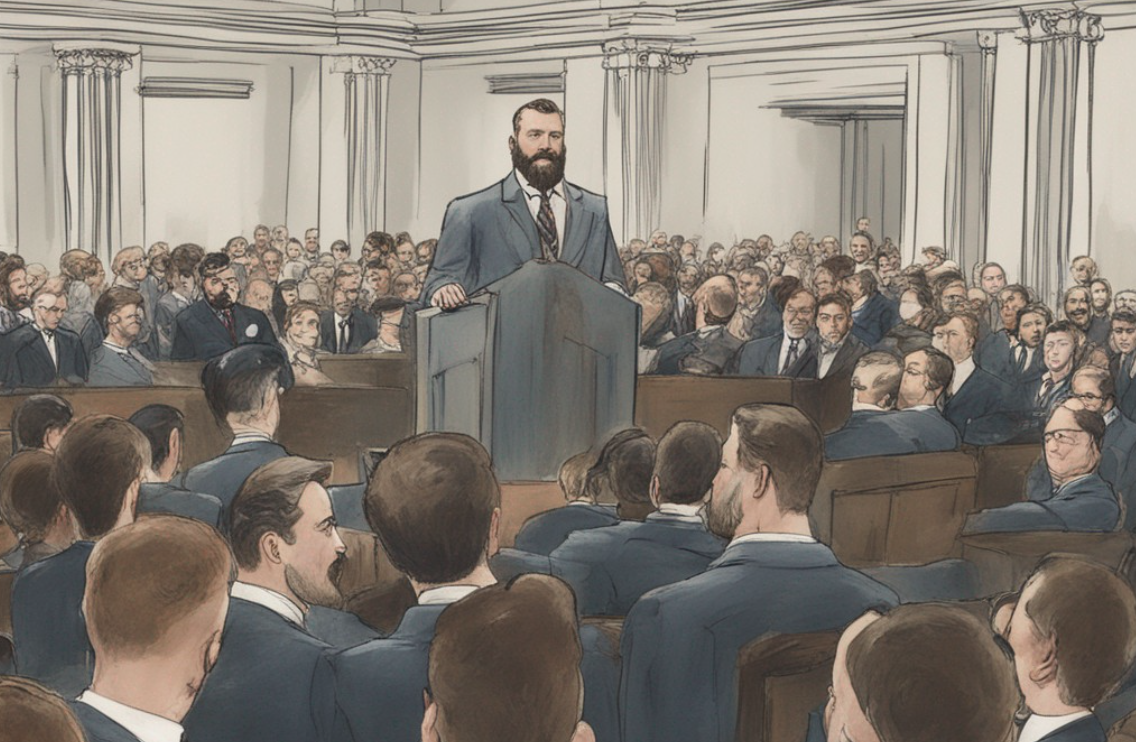
About 10 years ago I sat through an all-hands meeting at the end of a tough quarter. The gentleman addressing us said, and I quote from memory here:
Let us all remember, in years when our bonus numbers aren't what
we want them to be, that we're in this for more than just money.
Do not forget the **psychic income** you derive from being at an
amazing workplace.
Proximally I’ve found psychic income (and it’s counterpart psychic cost) to be useful terminology to understand not just my own career decisions but in the process of hiring & retention.
My eureka moment though, came when I truly internalized that psychic income is income.
Grokking this gave much deeper meaning to otherwise superficial observations such as:
- Goodwill is an asset (not just a balancing item)
- Culture eats strategy for breakfast (falsely attributed to Peter Drucker)
Thinking Beyond Ability
At its core if something needs to be achieved there are only 2 limiting factors:
- Technological - does a solution exist within the realms of known science/technology/engineering?
- Economic - is the solution affordable i.e can one afford the human capital / raw materials other resources to execute?
I bucket these 2 limiting factors into Ability.
Practically however, beyong ability one is subject to internal and external constraints.
I define internal constraints as those arising from belief systems and external constraints as impositions from nation states or their equivalents.
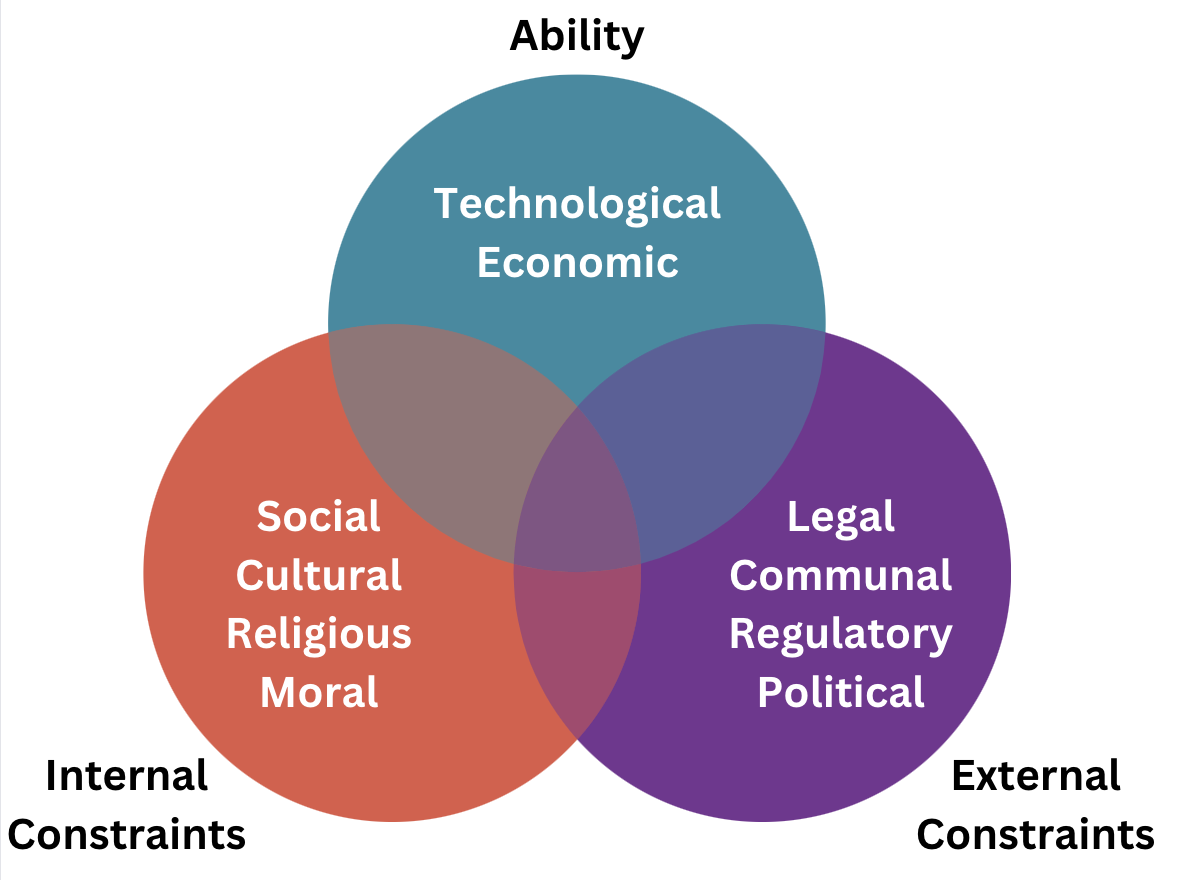
Where is my flying car?
In his wonderful book Where is my flying car?, J. Storrs Hall sets out to understand why we haven’t seen flying cars. One of the critical factors he examines is a section of the voting populations hostility towards technological progress.
Most notably, we see this pattern when reviewing the United States’ history of lunar exploration.

Putting humans on the moon did not make economic sense at any point in time. However, political & cultural constraints forced both cold war participants on both sides to engage in an expensive “space race” which fortunately brought along with it both this greatest of human achievements and a massive build up of nuclear arsenal around the world.
Solving Global Warming
We should all care deeply about climate change.
It is everywhere and right in our faces. From wildfires the world over, to flash floods & droughts
So why then is this young lady so unpopular for calling out what is an obvious truth?

Because this is who we’re used to telling us about climate change.
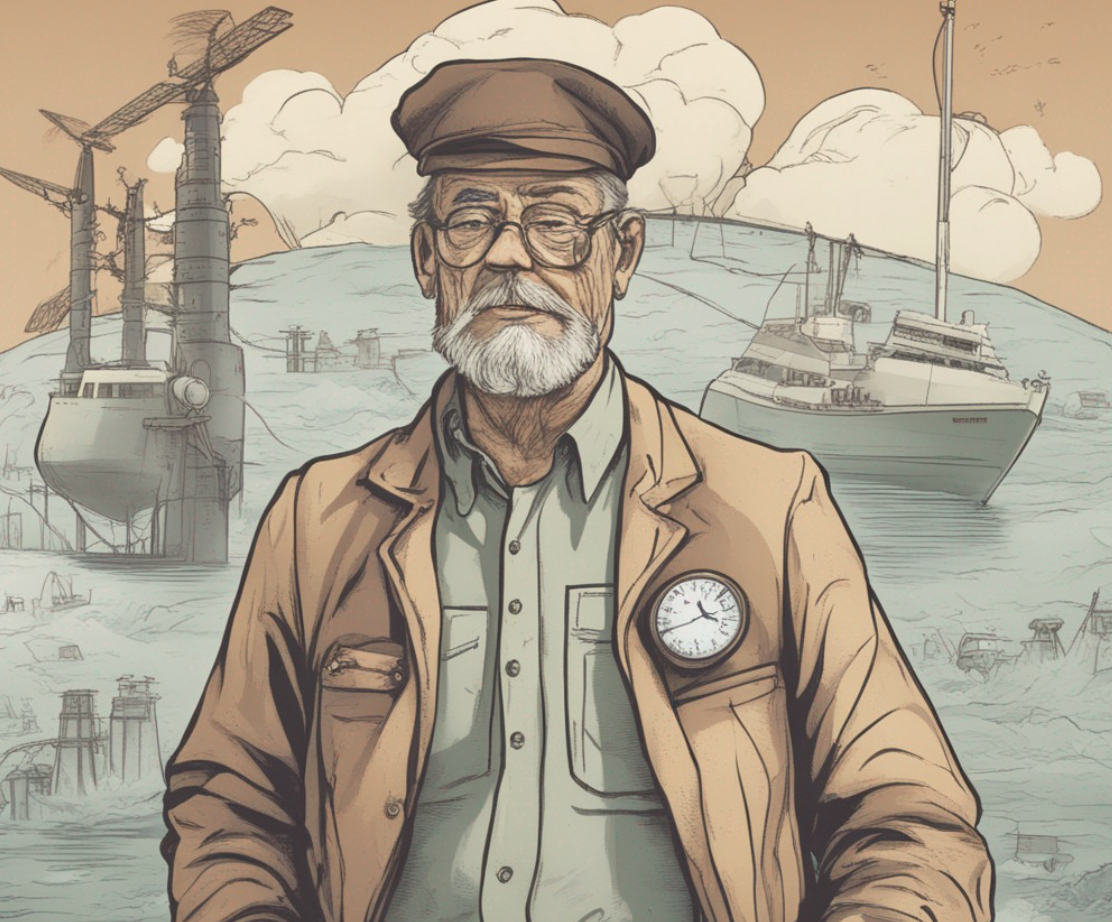
Further Reading
 |
 |